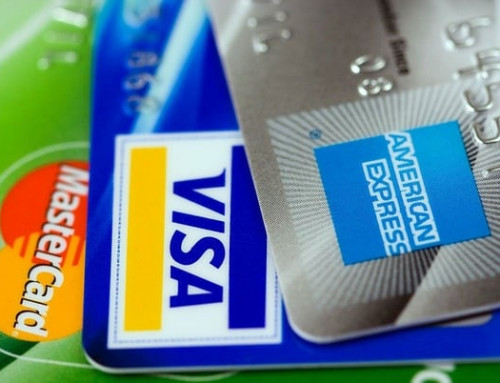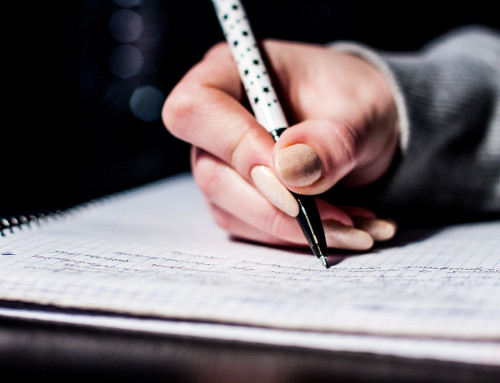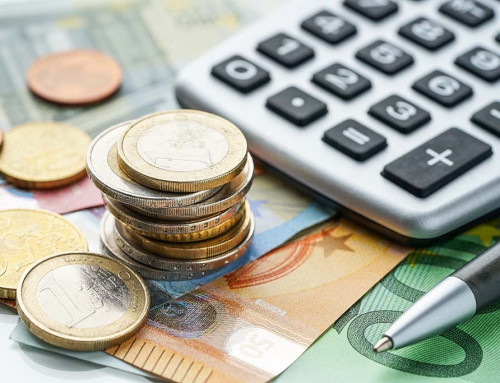With the rise of technology, concepts such as Blockchain or NFT have emerged that have revolutionized the market and the way to see it. Some compare the NFT with the function of the notary, and speculate that it could replace his figure. In this article we will give you a brief conceptualization of the terms "NFT" and "Blockchain" and why they will not be able to replace or provide the guarantees provided by signing a document before a notary.
What is the blockchain?
To fully understand what an NFT is, first we will have to make a brief reference to the technology Blockchain. The blockchain is like a digitized ledger that facilitates the process of recording transactions and tracking assets of a business network. It is a blockchain of unalterable public records, which encrypts and certifies the records in the chain. Assets that are registered on the blockchain can be both tangible, like a house, and intangible, like a patent. Anything of value can be tracked and traded on the blockchain.
The ledger that contains the data is equipped with technology that allows authorized members to access the details of a transaction from start to finish. It is a technology that cannot be destroyed and modified, so it is used, for example, to attribute ownership of virtual money such as cryptocurrencies, or to certify ownership of a digital asset with NFTs, as we will explain below.
What is the NFT certificate?
UN NFT (Non-Fungible Token, from English Not Fungible Token) is a unique digital certificate that grants ownership of a digital file to whoever owns it, and it cannot be deleted or changed. It is an electronic document in which it is declared that an individual owns a unique and irreplaceable copy of a digital asset.
NFTs designate a true copy of the digital medium, allowing files such as an art image to be sold to a collector. This image can be copied infinitely many times over the Internet, but there will only be one with the original token. NFTs are unique assets that cannot be modified or exchanged for another that has the same value, since no two NFTs are equivalent in the same way that no two tables are.
If you buy an NFT, it will be registered with Blockchain technology: all computers in a decentralized network will record the transaction in a shared ledger, which will serve as a certificate of authenticity. This record cannot be altered or erased as it is strong crypto and relies on a decentralized control system. If the asset is sold again, the change in ownership will also be recorded in the book.
It allows you to authenticate and verify that an asset is original without having to witness a third party who vouches for the procedure.
For example, this December the first SMS in history has been sold with NFT technology, that said "Merry Christmas", for the value of 107.000 euros. The person who has purchased the SMS will be the only person with the original communication protocol who transmitted this telephone text message.
¿Blockchain and NFT will be able to substitute the notaries?
As we have already advanced previously, some compare the NFT certificates with a notarial deed, claiming that it also determines who is the owner of the good applied to the digital world. It is said that NFT could progressively replace the public faith, since the records are stored in blockchain verified and unalterable. Supporters of this comparison allege that the blockchain it will become the great universal notary, while the NFTs would be the new property certificates par excellence, in the long term.
However, it appears that this comparison does not take into account the notary's role as a notary public. The notary's job is not only legitimize the signature and verify that it belongs to a specific person, but also consists of making a judgment on the capacity of the signer and verifying the legality of the operation. The notary drafts the document under his responsibility and verifies its legality and that the parties have understood its content. In addition, it also performs other functions such as impartial advice, prevention of money laundering or notification of transactions to the different public administration bodies.
Affirm that the blockchain and the NFTs will be able to substitute the notaries is a statement that does not make sense. Although it is true that the use of blockchain allows to ensure the veracity and ownership of certain goods that are stored in a public network, it does not perform many of the functions of notaries. The blockchain It does not draft the documents as notaries do, it cannot prove the capacity of its grantors or the understanding of what was granted, but the most important thing is that it cannot guarantee the legality of the operation.
Notaries perform all of the functions mentioned above, only some of which can also perform technology Blockchain. However, what those who make the comparison forget is that signing a A notarized document is a symbol of the guarantee of security and legality.
Possibly, with the progress of technology, the blockchain may complement the function of notaries, but may not substitute for not being able to fulfill the same functions.
If you want to use our services, go to our notary in Barcelona.




Leave a Comment